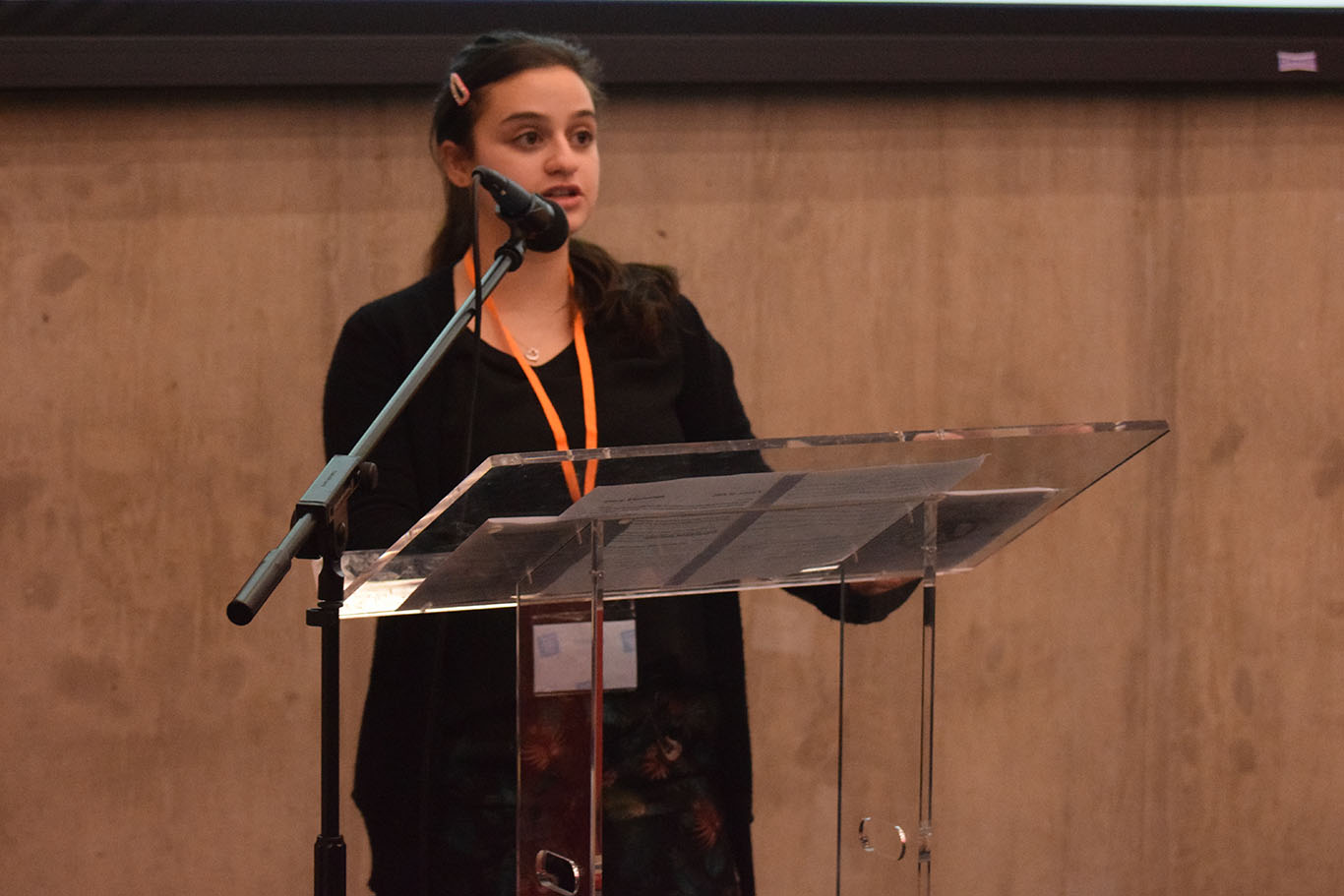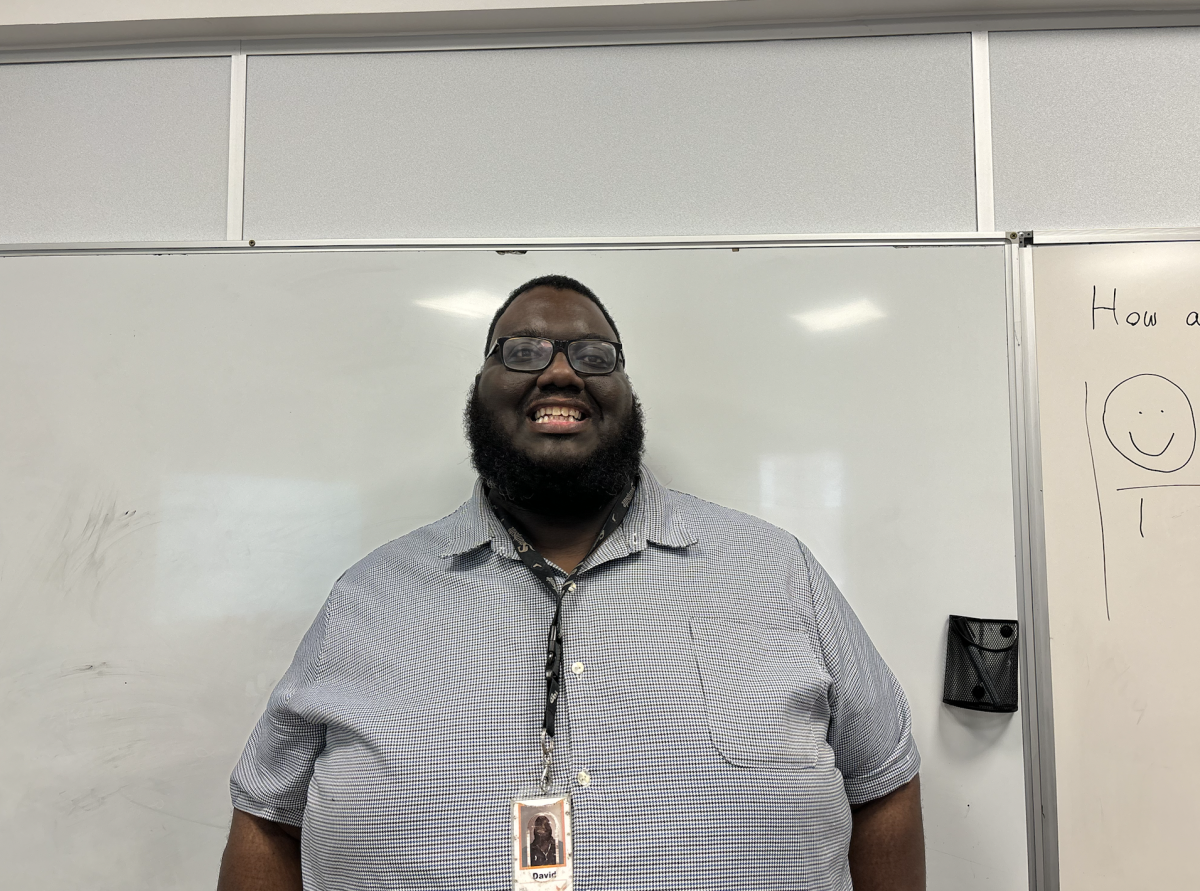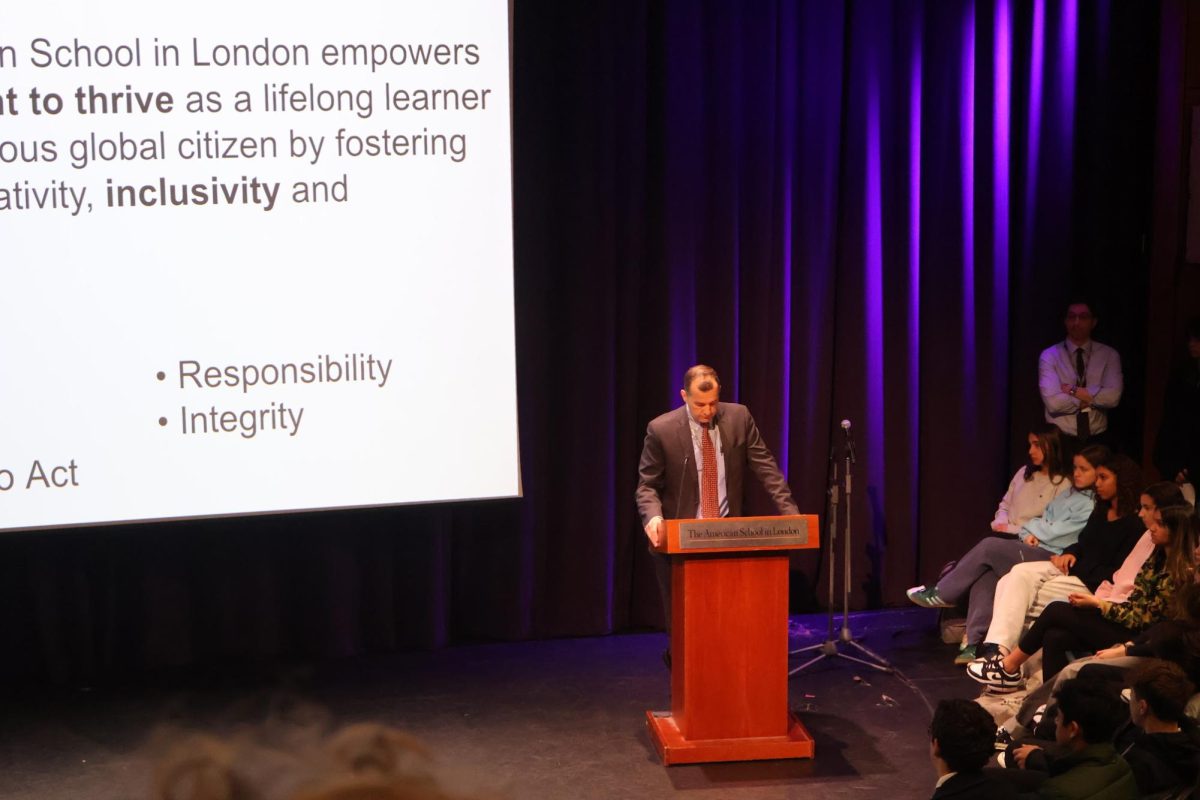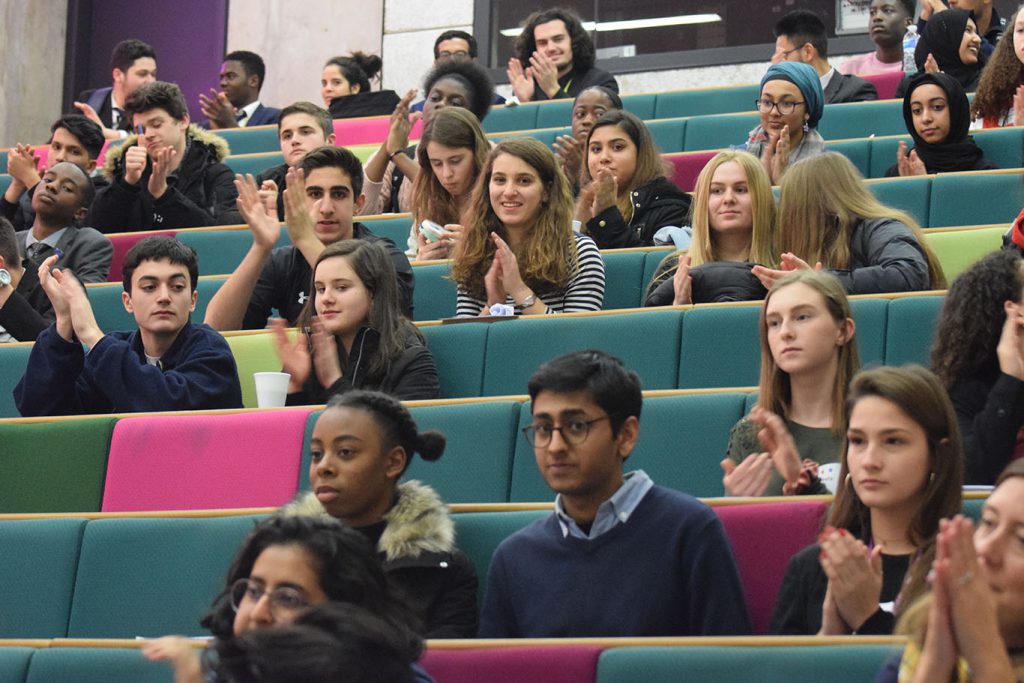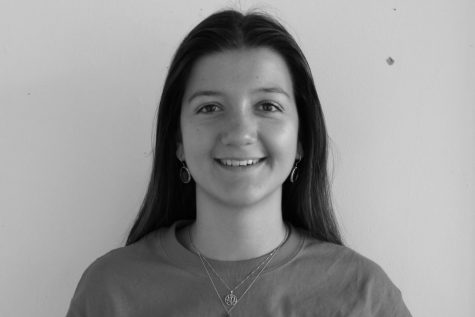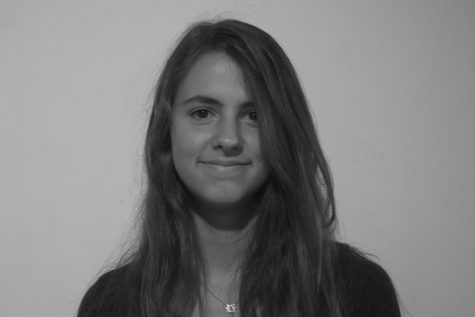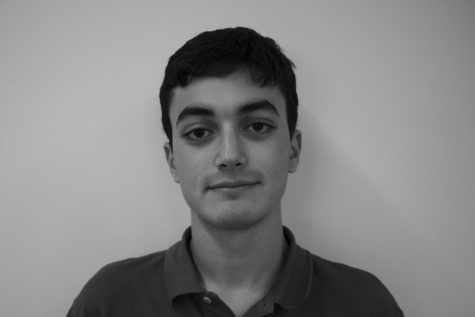The Young Power conference was held on March 22 at Westminster Academy. The conference brought together students from various schools in Westminster to discuss privilege, prejudice, identity and other social issues. Students at Westminster Academy and ASL led the conference.
______________________________________________________________
Sourna Daneshvar Jr. (’18):
Attending the Young Power Conference for my second year I thought I knew what to expect. While the structure remained rather similar from the year prior, the impact it had on me was wildly different.
I was a group facilitator responsible for leading discussions with eight people from different schools about pressing social issues and identity. Like any group of eight that doesn’t know each other, there were awkward silences and cliché icebreakers. However, our unfamiliarity quickly faded and we engaged in conversations about racism, sexism, ageism and, most importantly, what we can do about it. For one day I heard and learned from people who have wildly different life experiences than me. I stepped out of my bubble and started to realize the experiences of people from different races, ethnicities or genders, and how that shapes who they are. Partaking in those conversations helped me understand how I define my identity and what shapes me.
The year before I was also given the privilege of leading a group of the same size, given the same prompts. However, the make-up of the group this year compared to the last meant that the conversations were completely different. This year my understanding surrounding race grew as members in my group explained how their interactions with shopkeepers was different from their friends based solely on the color of their skin. This topic was one I barely touched last year when my group’s conversations focused on sexuality. What makes the Young Power Conference so impactful is its ability to unite young people with varied backgrounds, its ability to lead people out of their bubbles and its ability to foster growth amongst its participants.
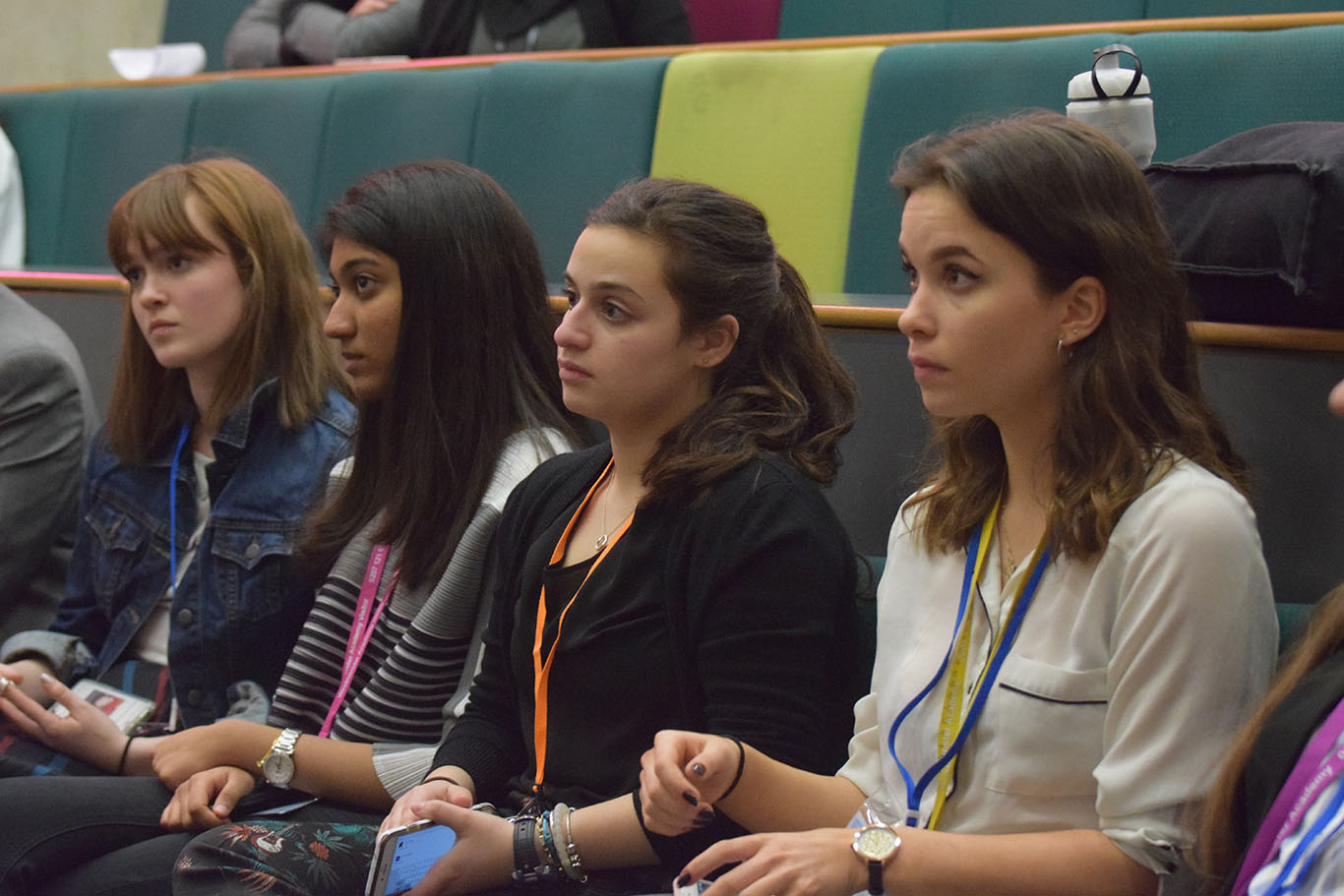
______________________________________________________________
Allegra Albanese (’20):
It’s often said that something can only be special once. After attending my second year of Young Power, I can conclude that this saying is grossly false.
Towards the end of the conference, I stood in front of the participants and read one of my spoken word poems aloud. It was thrilling, to say the least, but what was more thrilling was the reaction that came from the audience. As soon as I had finished, five people from different schools approached me. They told me how empowered my poem had made them feel and requested to take photos of it to show to their friends and family. I was incredibly touched, however, it wasn’t until the next day that I became aware of the impact of my poem. I was preparing to take a test when one of my teachers stopped me. She told me about how her daughter in Middle School had returned from the conference, informed her about the poem, and recited the lines that she could remember. An hour later, I was walking in the hallway and saw three freshmen girls hovering over a phone, reading my poem aloud. What struck me was the power of the individual voice. My voice was not only being heard by those at the conference but by those beyond too. I was afraid to read my poems aloud before as I thought nobody would listen. Yet, somehow, more ears listened than I could have ever imagined. Suddenly, I was no longer afraid. As was reminded several times during the conference, we are the “woke generation.” We are the individuals who will enact the change that the rest of the world has been waiting to see. Young Power helped me realize how I will enact change. I will use my voice.
______________________________________________________________
Ishaan Rahman (’20):
This was my second year attending the YoungPower Conference, an event surrounding issues regarding race, ethnicity and privilege. At last year’s gathering, I had simply appreciated (if not, been slightly overwhelmed by) getting a glimpse outside the privileged ASL bubble. As someone who had lived in London for over ten years, I realized how little I knew about the city and, more importantly, the diverse group of people living in it.
The Conference’s schedule had changed little from last year’s. However, with a new group of people to discuss amongst, there were inevitably new issues that I had not touched on before. As someone who had almost never experienced prejudice before, it was eye-opening to see people, with similar backgrounds, who are experiencing it more commonly. While YoungPower was not televised, nor did it make news headlines, it fostered a meaningful discussion, that our generation must have, around race and identity.
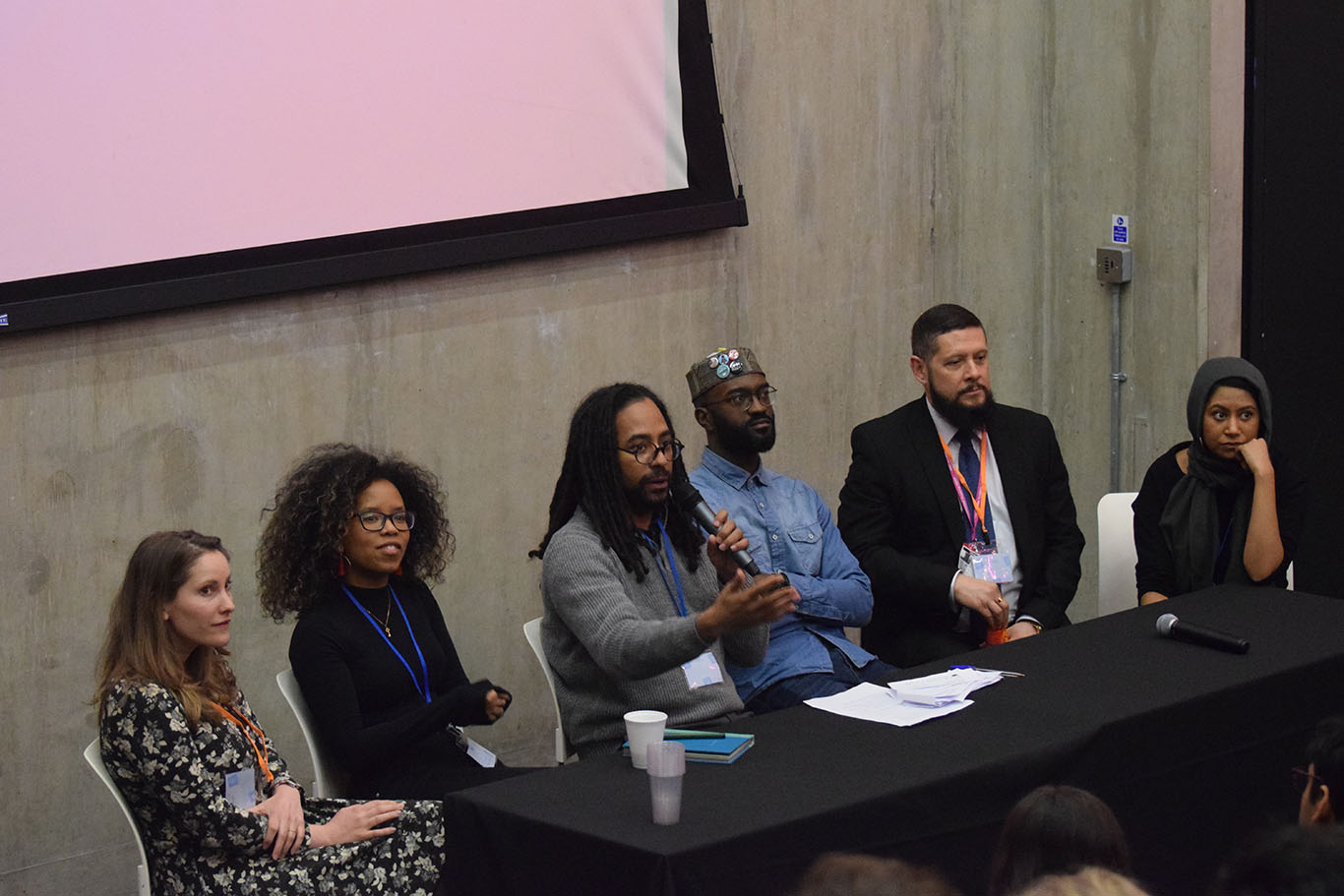
______________________________________________________________
Ananya Prakash (’19):
In a school environment that often seems to be built upon conformity and singular narratives, the term “be yourself” just becomes a tagline with two empty words. Everyone says it, but the system prevents it. It was only at the YoungPower conference this year, where I think those two words held meaning.
Walking into the conference, I felt this immediate sense of belonging that is relatively rare for me to come across. The students around me vibrated with energy to make change and for the first time in a while, I stood in a room with people that accurately reflected London’s multicultural identity.
Talking to the students, who came from six different schools across Westminster, was definitely the highlight on my day. Throughout various group discussions and workshop sessions, I had the opportunity to talk about the intersectionalities of identity, and how that impacts the way we view the world and the way the world views us. Although we were all initially strangers, somehow that made it easier for us to be more open with each other. It was this shared vulnerability that allowed me to hear moving personal stories and empathize with them. I was also able to share stories that I’ve struggled to talk about before, and the support and validation I got from others was astounding.
It is often easy to feel silenced and dejected by the stories of hatred on the news and the changing political climate around the world. However, seeing students in this conference speaking their truth and being unapologetically vocal was truly empowering and inspiring.
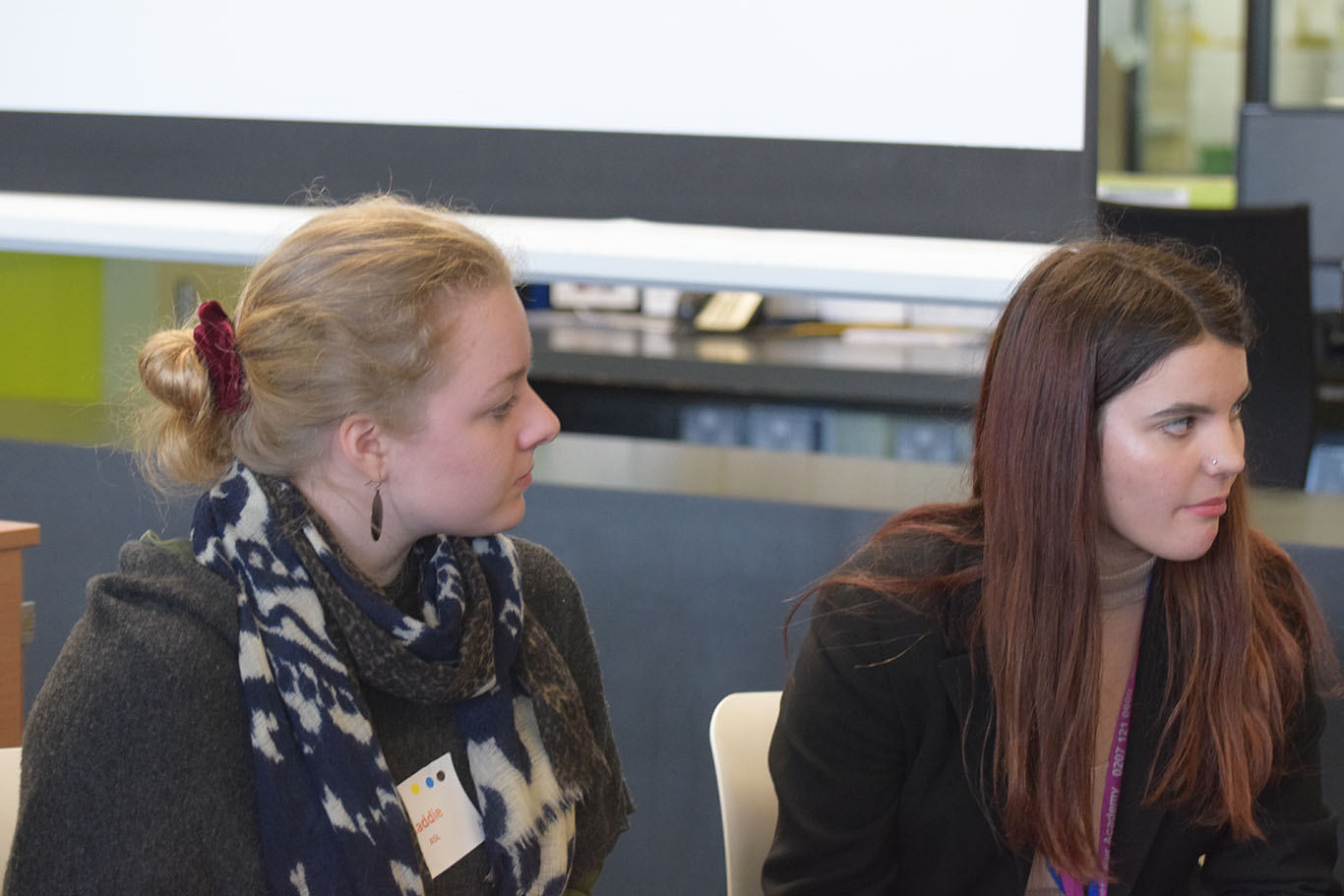
______________________________________________________________
Isabelle Lhuilier (’18):
As this year was my first attending the young power conference, I was unsure of what to expect from the experience. When I walked into Westminster Academy I was surprised by just how many other students were participating in the conference. I met students from a range of different schools around London and most of those a met were a different nationality to me.
My discussion group was much smaller than many of the other so I was initially worried that it would be difficult to maintain the conversations. However, I experienced the exact opposite as fewer people ensured that everyone was able to actively participate and made me feel more comfortable sharing my own opinions. Although the story sharing discussion went quite quickly, the conversation then turned to general political issues that we felt passionate about. We discussed the recent gun violence in the U.S. and since most of the other students were not American, it was interesting the hear their perspectives. Living in a country with much stricter gun control, my fellow group members were shocked about how lenient the laws are in the U.S.
My favorite part of the conference was listening to the presentations from the speakers on the panel. I found Laura Bates, founder of the Everyday Sexism Project, to be the most impactful speaker. Bates brought an unbiased, factual approach to feminism which really changed my perspective of the movement. Since the word “feminist” carries so many misconceptions at the moment, I sometimes struggle to identify as one. However, hearing Laura Bates’ presentation and descriptions of how the movements aides men and women helped me see it in a better light. I can honestly say that before the conference I was unaware of the sexism that exists in the U.K. and seeing the statistics Bates provided was eye-opening. I thoroughly enjoyed my experience at Young Power and I am already looking forward to next year.
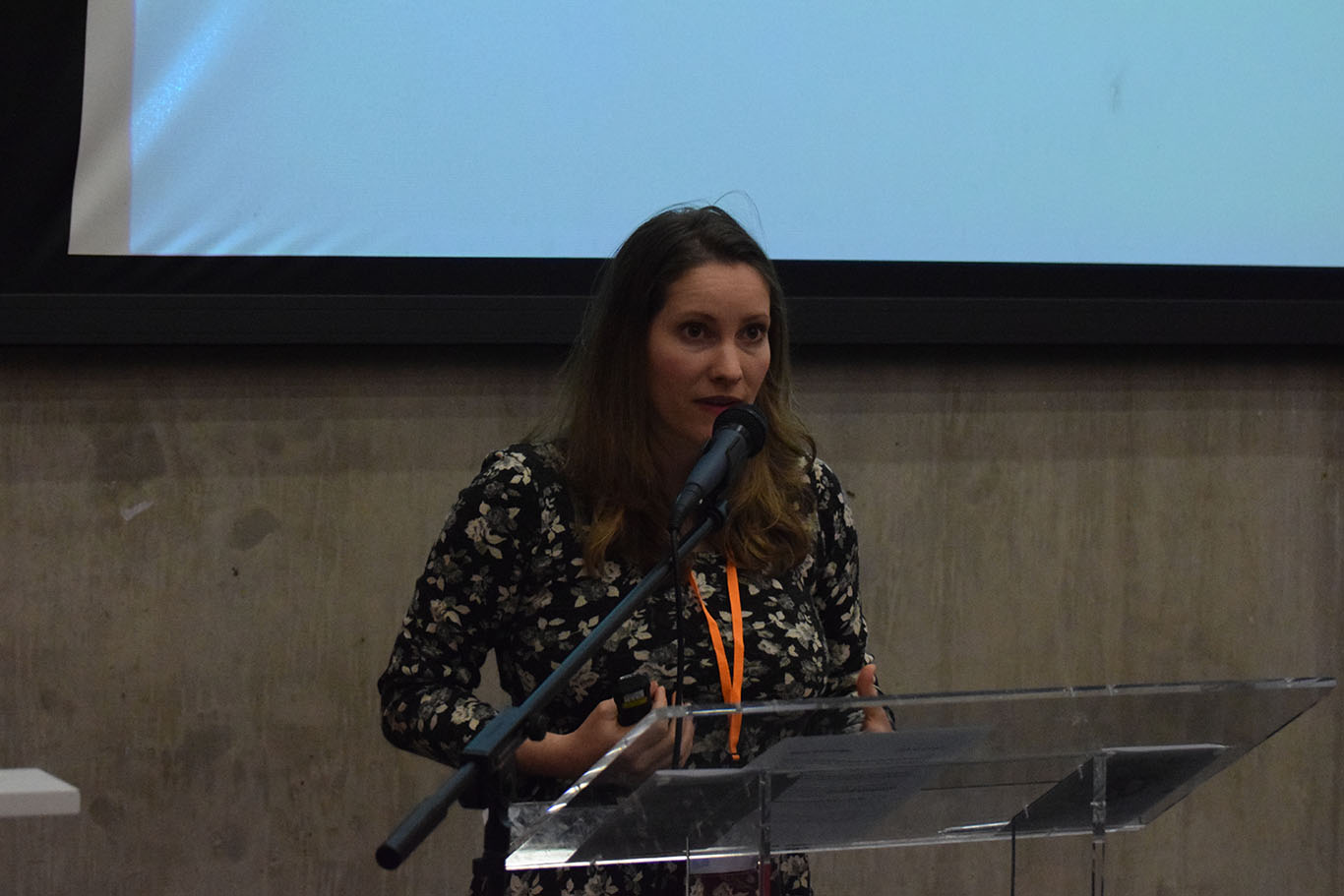
______________________________________________________________
Michaela Towfighi (’18):
Each year I have been tempted by the idea of the Young Power conference, yet the thought of missing school, a test scheduled or any pathetic excuse has veered me away from it. This year though, all excuses pushed aside, I decided to attend as a group discussion leader.
The main aspect of the day revolves around “What’s your story?” Participants are encouraged to share anecdotes regarding their identity, and as a discussion leader, I had to be vulnerable in order to encourage my group to participate. The thought of this sent me into instant panic. How was I, a white privileged student from ASL, supposed to share a revealing anecdote on my identity?
Yet when the day began, all of my accumulated fear and speculation vanished. Within the first hour, I found myself engaged in conversations about religion, gender and race. I shared aspects of my life to complete strangers, that I had been afraid to admit to myself. I found myself open, and sequential accepted by all students I spoke to. For me, my understanding of my identity and all components it consists of resorts back to my surface level introduction in Grade 9 Foundations, where I was too immature to truly understand. I had yet to discover all the component of my identity, let alone realize how they allowed me to share and reflect until I attended Young Power.
After attending this day-long conference, I truly believe it should be a requirement of high school students at one point in their high school careers. We go to a school where a global perspective is at the forefront of the mission statement and make up of the school, yet I can strongly attest that my own global perspective came full circle through this day. The ability to connect and share with students from all makeups provided me with the opportunity to reflect truly on my own identity, something that I encourage all students to pursue, even if it may stretch your comfort zone.
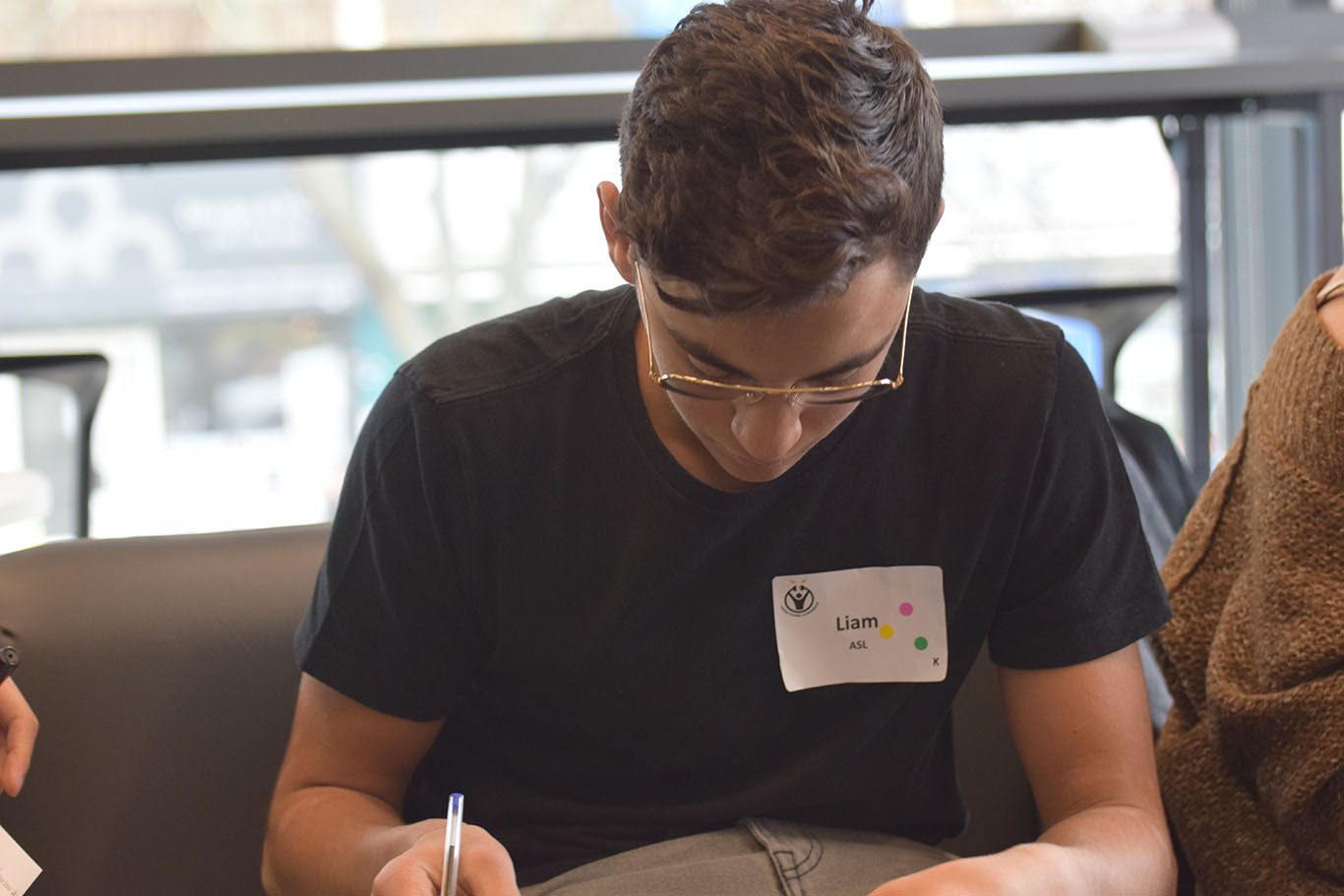
_____________________________________________________________
Izzy Harris (’19):
This year was my first year at the conference, and I didn’t really have any expectations. I had not been to any sort of diversity conference before, and I was so excited. The idea of being in a group with others who also feel the same about the same issues, really made me think about community and passion, two things that I deem very important. After being unable to attend last year’s conference, I was eager to walk into Westminster Academy, teeming with excitement.
While sitting in the room listening to the speakers, I felt a sense of compassion for them. They were all able to take what they were given and shine a light on the things they can pay forward with. All of the speakers and panelists inspired me and helped me to understand what I do and why.
Being one of the organizers of the ASL School Walkout, I felt a change in myself, and the youngPOWER conference only helped to reinforce the activist in me and show me that people don’t become activists because they want to. They do it to ignite change in today’s society and feel the necessity to right the wrongs. I feel the ability to go to the conference was very special, and an irreplaceable experience.
I’m excited to apply next year and learn more about the people around me and the ways I can be the change I want to see in the world, even though I’m still very young. I really do believe we students are the “Woke Generation” and that we have the capability to create change.
_____________________________________________________________
John Towfighi (’20):
Throughout the day at the Young Power conference, I heard from a range of inspirational people, both adults and students alike. While learning about their experiences, and the ways in which they’ve sought to promote change, I was continuously pestered by the thought of how to apply that my own situation. I felt lucky to be able to be at the conference, but with that ability, I also felt a responsibility. Although I could sit there and take in new perspectives and ideas, what really mattered was what I would do with that new found knowledge once leaving the doors and returning to my routine life.
One speaker’s message seemed to resonate with me the most, and I found it realistic within with my own wishes to push for change. A “Londoner through and through,” Amina Gichinga spoke of her work in the London Borough of Newham, where she has lived her whole life. With the organization “Take the City Back,” Gichinga has sought to improve the everyday lives of those in her vicinity, pushing for affordable housing, promoting a social community, and opposing London City Airport’s expansion in the Royal Docks, Newham.
In her story, I found a particularly effective idea: to begin a movement locally, focusing specifically on those within your reach before trying to make a broader impact on a larger scale. In building a movement for those around her, Gichinga was able to construct a solidarity behind her ideas that only aided in attempting to bring them to the greater cause of London on a wider scale. Also, through this approach, Gichinga helped promote ideas of community, bringing the people of her borough together through music and social gatherings. This strengthened her movement, and by giving attention to her local community, a place she lives and thinks in every day, she was able to form a foundation that was meaningful to her.
Her example made me contemplate how someone actually may go about pushing for change. After hearing from Gichinga, it seems important to start small, with direct and specific goals. In essence, while deciding how to use your voice to make a difference, it doesn’t hurt to think about those who you are directly in contact with, initiating change within your sphere of life before hoping to inspire change in others.
